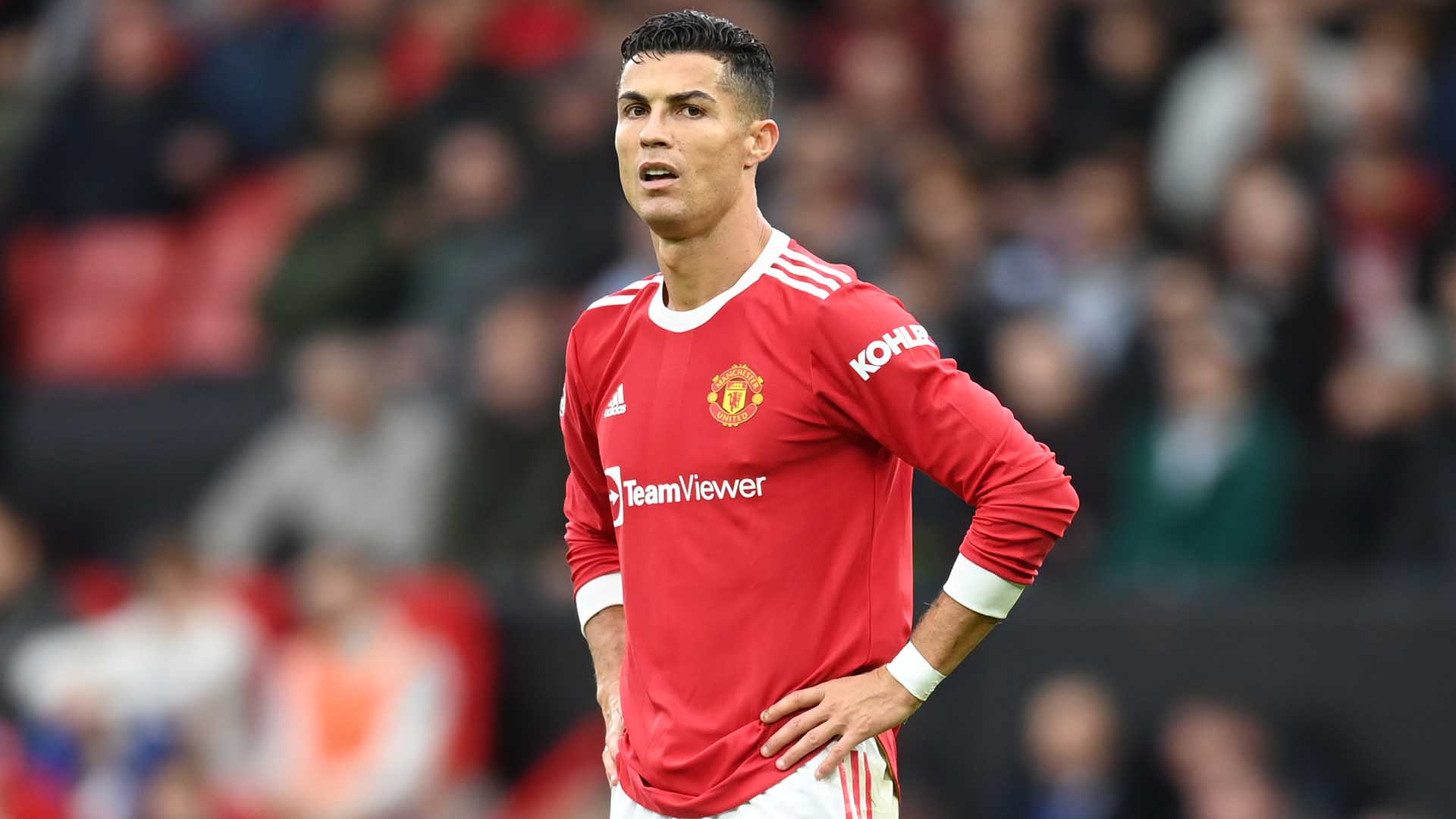Piece written for publication on January 21 2022
When Cristiano Ronaldo made his way out of the Old Trafford tunnel and onto the hallowed turf ahead of a Premier League clash with Newcastle, for many of the United faithful, it was as if time stood still. The dreams sold with every passing transfer window of a potential return for United’s ‘prodigal son’ finally realised.
Amidst the long-awaited cries of “Viva Ronaldo” which enveloped the September air creating an atmosphere worthy of the conquering gladiators from eras gone by, there was an unmistakeable feeling of hope, characterised by the idea that the return of their “fantasy hero” as described by the immaculate wordsmith Peter Drury, would bring with it the successes of yesteryear.
Four months on from that triumphant occasion, the picture tells a very different story with The Red Devils finding themselves in seventh place in the league, struggling to find any of the early season momentum that made even some of most hard-headed fans find a tinge of optimism within them.
When Ole Gunnar Solskjaer parted ways with the club in late November, the inevitable blame game began, with fans, pundits and former players all giving their two-pence worth on the true reasons behind the milk going sour at Old Trafford. With all the suggestions of the lack of tactics displayed and questions raised towards the true quality of the personnel at Solskjaer’s disposal, there was a 36 year-old elephant in the room.
However, ideas presented putting forward the argument that Ronaldo is the most influential protagonist in the failings of United this season have been largely short sited and lack the fundamental understanding of what a fan wants out of watching their team play.
Whilst some in the football community participate in the frankly absurd idea that goals shouldn’t be a big factor in evaluating the impact a footballer is making on a team, with ‘goals scored’ being the most literal indicator available as to a players impact on the results and points which that team accumulates over a season, it’s important to look at the game situations in which his goals have come.
The mercurial forward’s exploits in the Champions League saw him score two match-saving goals against Atalanta away from home in a game which his side were behind twice and one which they realistically had to get at least a point out of to ensure qualification to the knockout stages. This is before even considering his match winning goal against Villarreal on match-day three; with it looking like the home side were going to drop more vital points following their 2-1 defeat against Young Boys.
Football is, and always will be, a results business and the Portuguese talisman has no doubt been the biggest contributor to the positive results the club has turned out so far this season. Ronaldo has scored 14 goals from just 22 games in all competitions, double the tally of the next highest goal scorer in Bruno Fernandes. That included six goals in the Champions League group-stage, narrowly missing out on repeating the feat achieved in 2017 of becoming the first man to score in every single group match.
His ability to provide his services at the most crucial moments is why he has cemented himself as one of the greatest match winners to ever grace the game.
Ronaldo not only brings vital, season defining moments of quality but a monstrous mentality centred around his deepest desire to win at all costs. Fans have been crying out for players who have the ‘Man United DNA’ inside of them, who don’t accept mediocrity and help to uphold the high standards set by past generations of United players which is exemplified by the reaction to his recent interview on Sky Sports which saw him call out the teams recent performances.
Those who see his comments as petulance or a reluctance to apportion blame towards himself demonstrate the view of someone who hasn’t stepped foot onto a football pitch in a competitive capacity and look at football through the lens of social dynamics rather than its reality. Football is war. The importance of getting the best out of your teammates is paramount to creating a winning culture that will serve you well in the heat of battle.
Naysayers will continue to point to overdrawn analysis signifying why Ronaldo doesn’t fit a certain system or why he can’t play with certain players, but the cold facts remain in black and white for everyone to see. The man has and will continue to score match defining goals and attempt to implant his winning mentality on the rest of his teammates and if that is providing a problem for Manchester United, previous contextualisation’s of sport should be ripped out of the preverbal textbooks and confined to history for good.
Words by Ciaran Coyle
